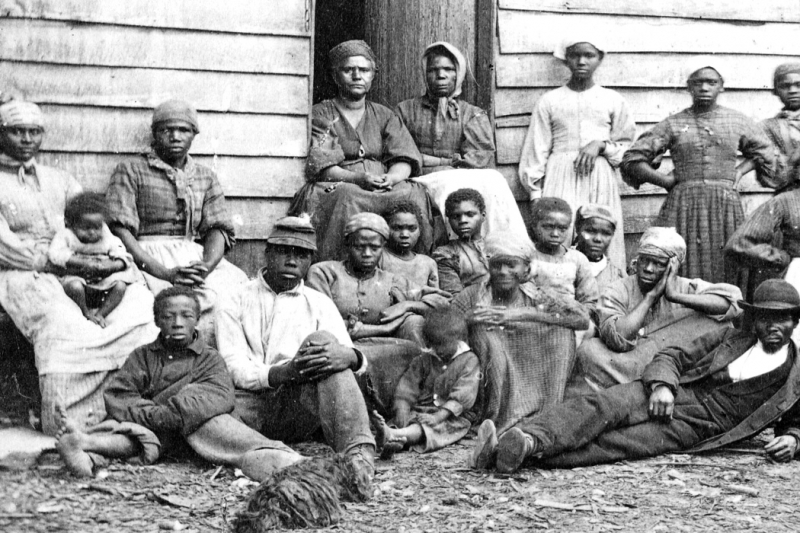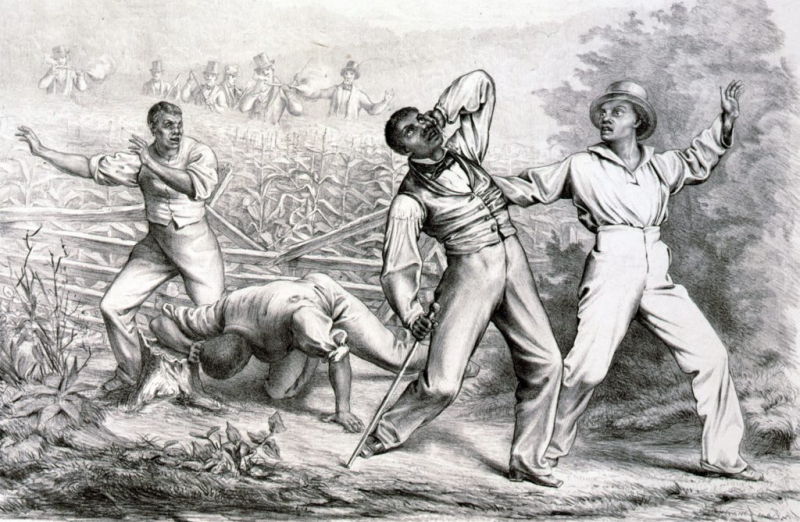Slavery in the economy and society
First and foremost, one of the major causes of the American Civil War is slavery in the economy and society. All 13 British American colonies had legalized slavery at the time of the Declaration of Independence in 1776, and it continued to play a prominent role in their economies and communities.
Before the American Revolution, the system of slavery in America had already solidified itself as only affecting people with African heritage. The seeds of white supremacy were sown in this environment. Only a small number of Black people and no enslaved people were permitted to vote or own property even when the U.S. Constitution was ratified in 1789.
However, a growing anti-slavery movement had prompted many Northern states to pass abolitionist legislation and end slavery. The North benefited from a consistent influx of European immigrants thanks to an economy that was based more on the industry than agriculture. Many of these new immigrants could be engaged as factory employees at low salaries because they were poor refugees from the potato famine of the 1840s and 1850s, which decreased the necessity for slaves in the North. Longer growing seasons and rich soils in the Southern states had created an agriculture-based economy supported by vast plantations controlled by White people that relied on enslaved people to carry out a variety of tasks.
This economic disparity also led to irreconcilable differences in societal and political views. In addition to creating irreconcilable divides in society and political viewpoints, this economic disparity. The flood of immigrants, many of whom came from nations that had long before abolished slavery, helped create a civilization in the North where individuals from many classes and cultures coexisted and worked together. But the South persisted in maintaining a social structure based on white dominance in both personal and public affairs, not unlike the long-lasting racial apartheid in South Africa. These distinctions affected opinions on the federal government's authority to regulate the economics and cultures of the states in both the North and the South.







